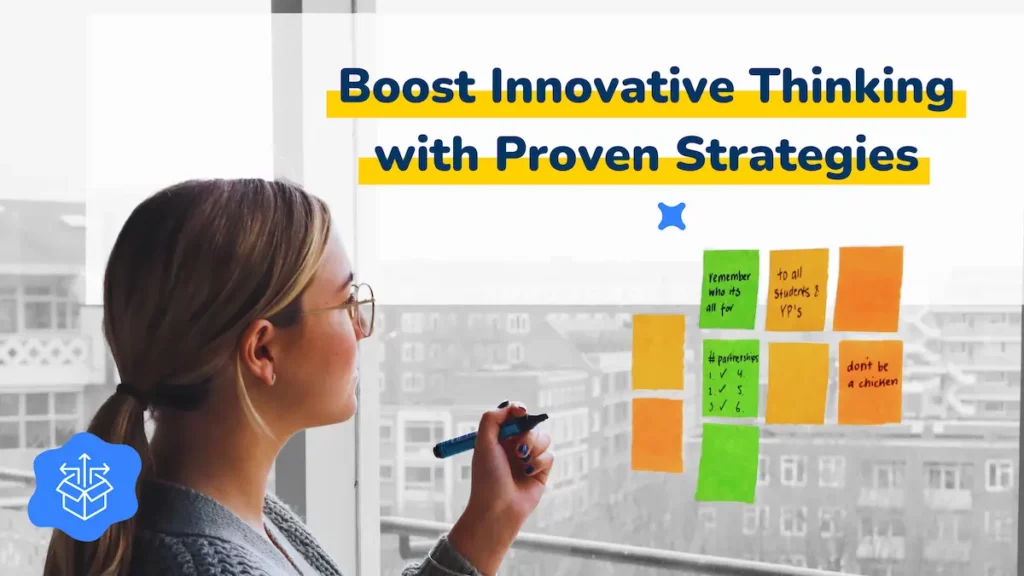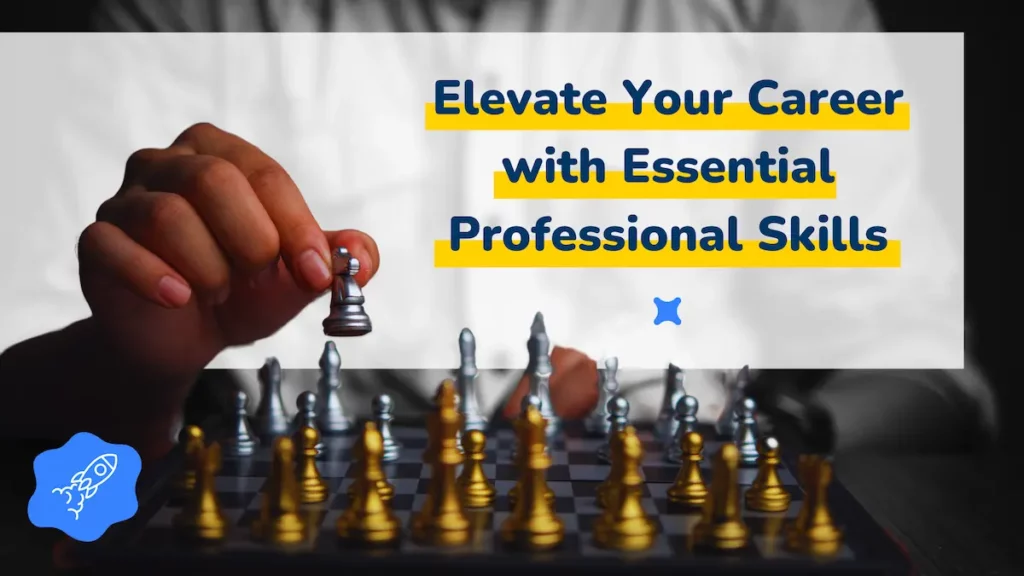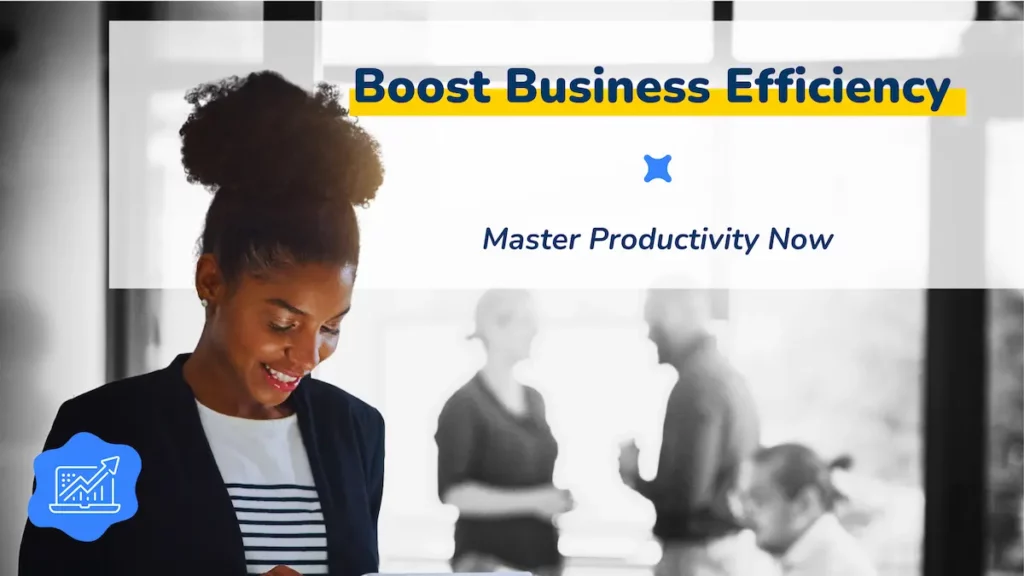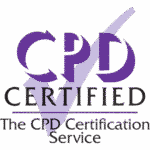Effective time management is crucial for achieving success in any field. One particularly powerful method for optimising productivity is the Pareto Principle, often referred to as the 80/20 rule. This principle posits that roughly 80% of outcomes stem from 20% of efforts. Gaining an understanding of and applying the Pareto Principle can revolutionise the way we manage our time and significantly boost our efficiency.
Understanding the Pareto Principle
The Pareto Principle was named after the Italian economist Vilfredo Pareto, who noted that 80% of Italy’s wealth was owned by 20% of the population. This concept has since been applied to various domains, including business, health, and personal productivity. In the context of time management, the principle suggests that a small minority of tasks (20%) contribute to the vast majority of our results (80%).
Origins and Concept
Vilfredo Pareto’s observation was initially about wealth distribution but soon found universal application. The principle, also known as the 80/20 rule, indicates that not all efforts are equally productive. When applied to time management, it emphasises the need to focus on the most important tasks that yield significant results, rather than getting bogged down by numerous low-impact activities.
Identifying the Vital Few
The first step in applying the Pareto Principle to time management is identifying the “vital few” tasks that yield the most significant results. These are the high-impact activities that drive progress towards your goals. To pinpoint these tasks, follow these steps:
- List All Tasks: Write down all the activities you perform regularly.
- Assess Impact: Evaluate each task based on its contribution to your overall goals.
- Prioritise: Identify the top 20% of tasks that generate 80% of your desired outcomes.
Practical Examples
For example, if you are a project manager, the vital few might include:
- Strategic planning
- Client communication
- Team leadership
- Solving critical issues
These tasks are likely to drive the majority of your project’s success, while other tasks, though necessary, may not significantly impact the project’s outcome.
Maximising Focus on High-Impact Activities
Once you have identified the vital few, the next step is to allocate more time and resources to these activities. Here are strategies to help maximise your focus:
Time Blocking
Allocate specific blocks of time in your schedule for high-impact tasks. Ensure these blocks are free from interruptions and distractions. This method helps in maintaining a concentrated effort on tasks that matter most.
Eliminate or Delegate Low-Impact Tasks
Identify tasks that fall into the 80% of activities contributing only 20% of results. Eliminate unnecessary tasks and delegate those that are essential but low-impact to free up time for high-impact activities. Delegation can be an effective strategy to ensure that important but less impactful tasks are completed without draining your valuable time.
Use Productivity Tools
Leverage productivity tools and apps to streamline your workflow. Tools such as task managers, project management software, and time trackers can help you stay organised and focused on your vital few tasks. Examples include Trello for task management, Toggl for time tracking, and Asana for project management.
Regular Review and Adjustment
Applying the Pareto Principle to time management is an ongoing process. Regularly review and adjust your task list to ensure you remain focused on high-impact activities. Consider the following steps for effective review:
Weekly Review
At the end of each week, evaluate which tasks were most productive and adjust your priorities accordingly. This helps in identifying patterns and making necessary adjustments to improve efficiency.
Monthly Goals
Set monthly goals based on your high-impact activities and track your progress. This long-term perspective ensures that your efforts are aligned with your overall objectives.
Feedback Loop
Seek feedback from colleagues or mentors to identify blind spots and areas for improvement. Constructive feedback can provide new insights and help refine your approach.
How inGeniusly Can Help
inGeniusly offers a comprehensive solution to enhance your time management by identifying the subskills you need to improve and creating a personalised plan for you. Recognising that everyone has unique challenges, inGeniusly provides tailored strategies to address specific needs. Some individuals struggle with decision-making, while others may find prioritising tasks or maintaining focus difficult. Critical thinking and attention to detail are also crucial skills that can impact effective time management. inGeniusly’s Inner Genius Assessment identifies these areas and crafts a bespoke plan that aligns with your personal characteristics and requirements. This targeted approach ensures that you develop the skills necessary to manage your time more efficiently, ultimately leading to greater productivity and success.
Benefits of Applying the Pareto Principle
Implementing the Pareto Principle in your time management strategy offers numerous benefits:
Increased Productivity
By focusing on tasks that yield the highest results, overall productivity significantly improves. The concentrated effort on high-impact activities means more meaningful progress with less wasted effort.
Reduced Stress
Eliminating low-impact tasks reduces stress and prevents burnout. Focusing on fewer, more impactful tasks can lead to a more manageable workload and a better work-life balance.
Enhanced Efficiency
Streamlining efforts towards the most critical activities enhances efficiency and effectiveness. This targeted approach ensures that your time and energy are invested where they will have the greatest return.
Achieving Goals Faster
Concentrating on high-impact tasks accelerates progress towards achieving your goals. By focusing on the vital few, you can achieve substantial milestones more quickly.
Putting it together
The Pareto Principle is a powerful tool for mastering time management. By identifying and focusing on the vital few tasks that yield the most significant results, you can enhance your productivity, reduce stress, and achieve your goals more efficiently. Regular review and adjustment ensure that you remain on track, making the most of your time and efforts.
Adopting the Pareto Principle requires a strategic approach and a commitment to continuous improvement, but the benefits far outweigh the efforts. Start applying the 80/20 rule to your time management today and experience a transformative boost in your productivity and overall success.
FAQs
What is the Pareto Principle?
The Pareto Principle, also known as the 80/20 rule, states that roughly 80% of outcomes result from 20% of efforts. It’s a concept used in various fields to highlight the importance of focusing on the most impactful tasks.
How can the Pareto Principle improve time management?
By identifying and concentrating on the 20% of tasks that generate 80% of results, you can significantly enhance productivity and efficiency, leading to better time management.
What are high-impact activities?
High-impact activities are tasks that contribute the most to achieving your goals. These are often the tasks that require strategic thinking, problem-solving, and direct contributions to key objectives.
How do you identify low-impact tasks?
Low-impact tasks are activities that consume time but yield minimal results. These tasks can often be delegated, automated, or eliminated to free up time for more important work.
Can the Pareto Principle be applied to personal life?
Yes, the Pareto Principle can be applied to personal life. For example, focusing on the few activities that bring the most joy or fulfilment can improve overall life satisfaction.
What tools can help in applying the Pareto Principle?
Productivity tools like Trello, Toggl, and Asana can help manage tasks, track time, and prioritise activities, making it easier to apply the Pareto Principle to your workflow.






